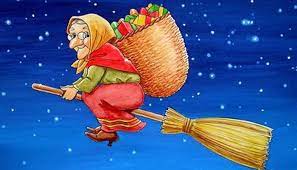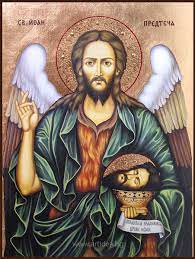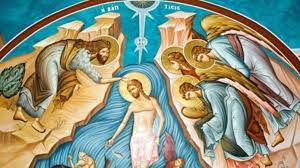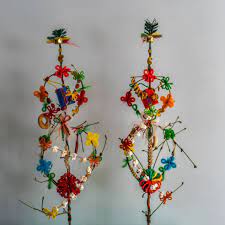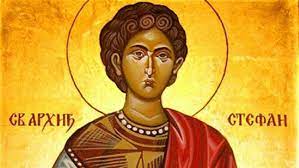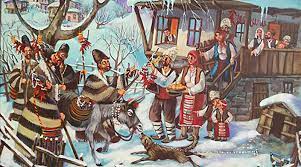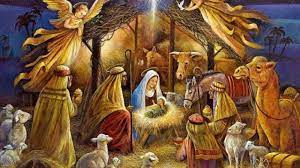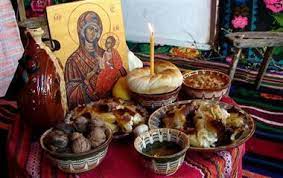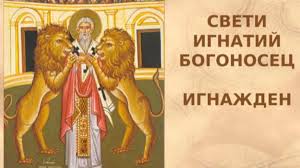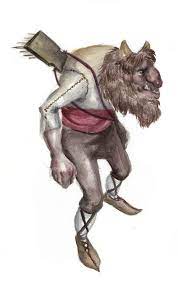Today in Italy they celebrate Befana. Oggi in Itaia e'la festa della Befana. At the end of the calendar year, the holiday cycle ends on January 6 - Epiphany, and the people say that after that date the holidays go away. The term "Epiphany" is of Greek origin and means "manifestation"; it is used by the Christian tradition to indicate the first manifestation of...
Read the full post →„Ла Бефана и Епифания – La Befana e l’Epifania“

